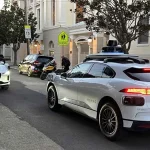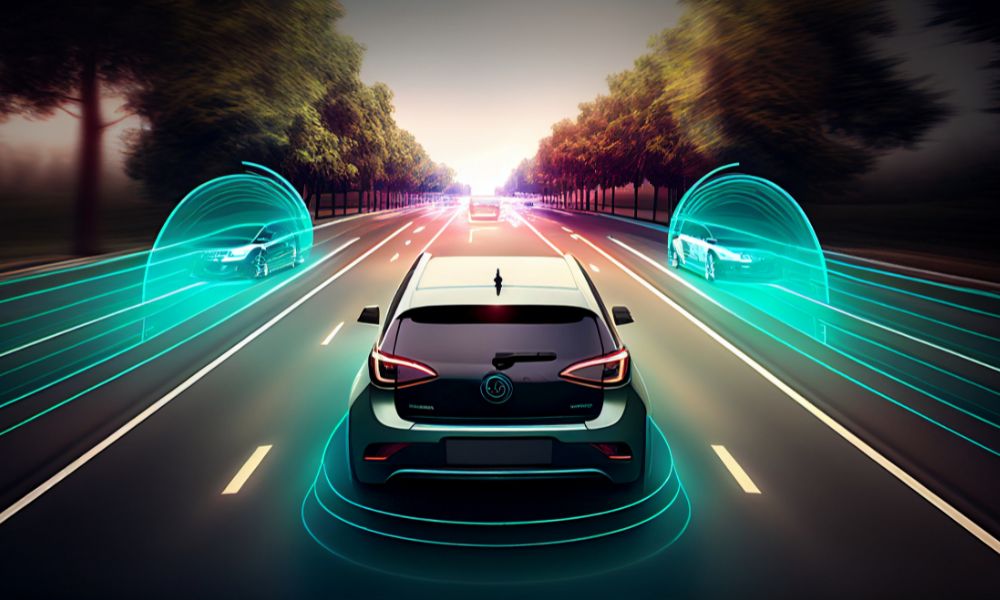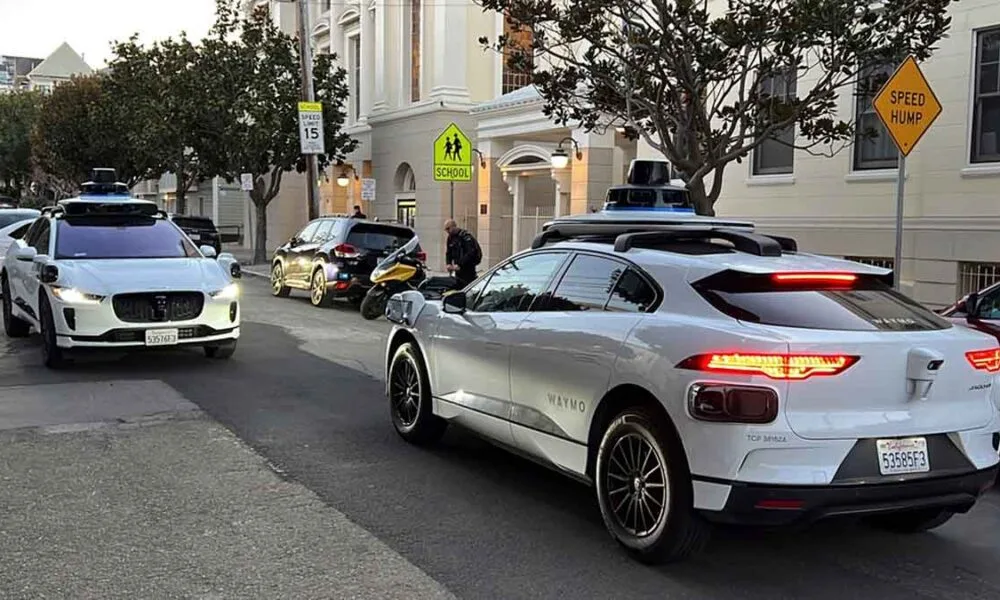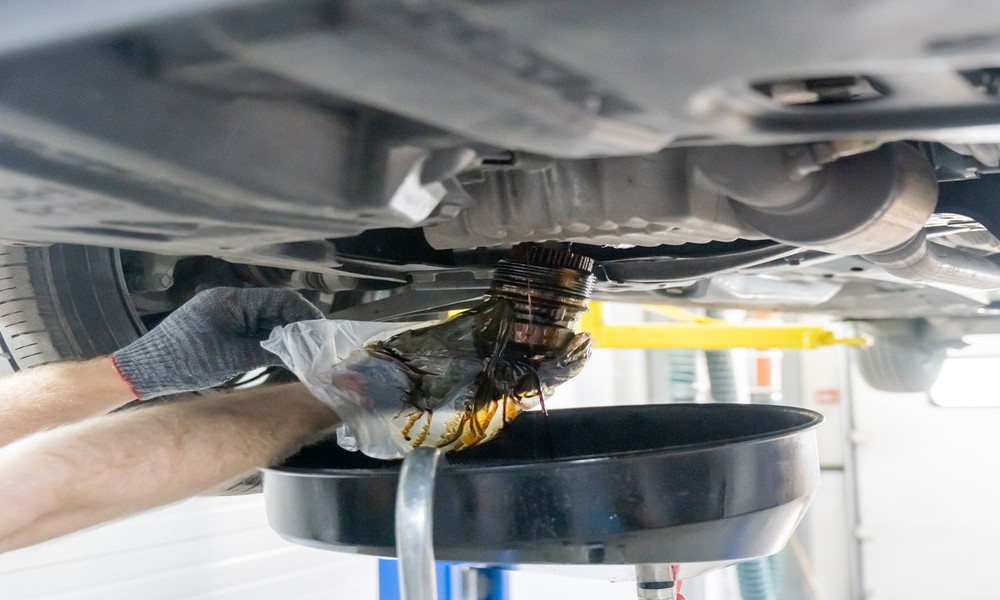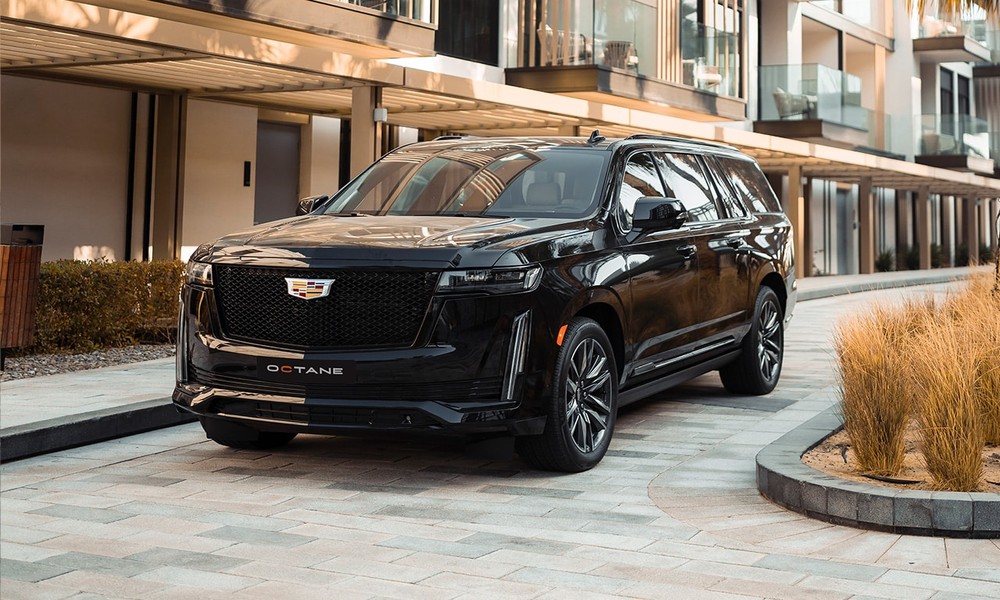The rise of autonomous vehicles has been a hot topic in the automotive industry over the past few years. While many people are excited about the potential for self-driving cars to make our roads safer and more efficient, there are also concerns about the impact that these vehicles will have on the auto insurance industry.
How Autonomous Vehicles Will Affect Insurance Rates
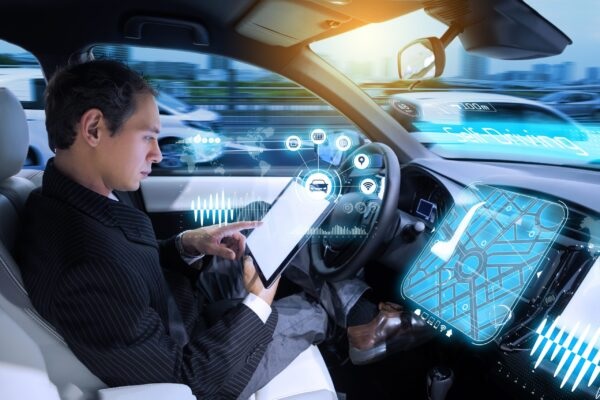
One of the most significant impacts of autonomous vehicles on the auto insurance industry will be the effect on insurance rates. As self-driving cars become more prevalent, it is expected that the number of accidents will decrease significantly. This is because autonomous vehicles are equipped with sensors and software that can detect potential hazards and avoid collisions.
With fewer accidents on the road, insurance companies will have to adjust their rates accordingly. This could mean lower premiums for drivers of autonomous vehicles, as well as for traditional vehicles that share the road with self-driving cars. However, it could also mean a decrease in revenue for insurance companies, which may need to find new ways to generate income.
Changes in Liability
Another significant impact of autonomous vehicles on the insurance industry is the shift in liability. In traditional car accidents, liability is typically assigned to the driver who caused the accident. However, in accidents involving autonomous vehicles, liability could fall on the manufacturer of the vehicle, the software developer, or even the owner of the car.
This shift in liability could lead to significant changes in the insurance industry. Insurance companies may need to offer different types of coverage to account for the possibility of manufacturer or software developer liability. Additionally, the cost of insurance for autonomous vehicles may be higher to account for the increased risk of liability falling on the manufacturer or software developer.
New Opportunities for Insurance Companies
While the rise of autonomous vehicles poses challenges for the auto insurance industry, it also presents new opportunities. For example, insurance companies may be able to offer new types of coverage specifically tailored to autonomous vehicles. This could include coverage for software malfunctions or cybersecurity breaches.
Additionally, as autonomous vehicles become more prevalent, insurance companies may need to shift their focus from individual policies to fleet policies. This could mean working with ride-sharing companies or delivery services to provide coverage for their entire fleet of autonomous vehicles.
The Bottom Line
The impact of autonomous vehicles on the auto insurance industry is still unclear, but it is clear that changes are coming. As self-driving cars become more prevalent, insurance companies will need to adapt to new technologies and adjust their rates and coverage accordingly. While this may present challenges, it also presents new opportunities for growth and innovation within the industry.


